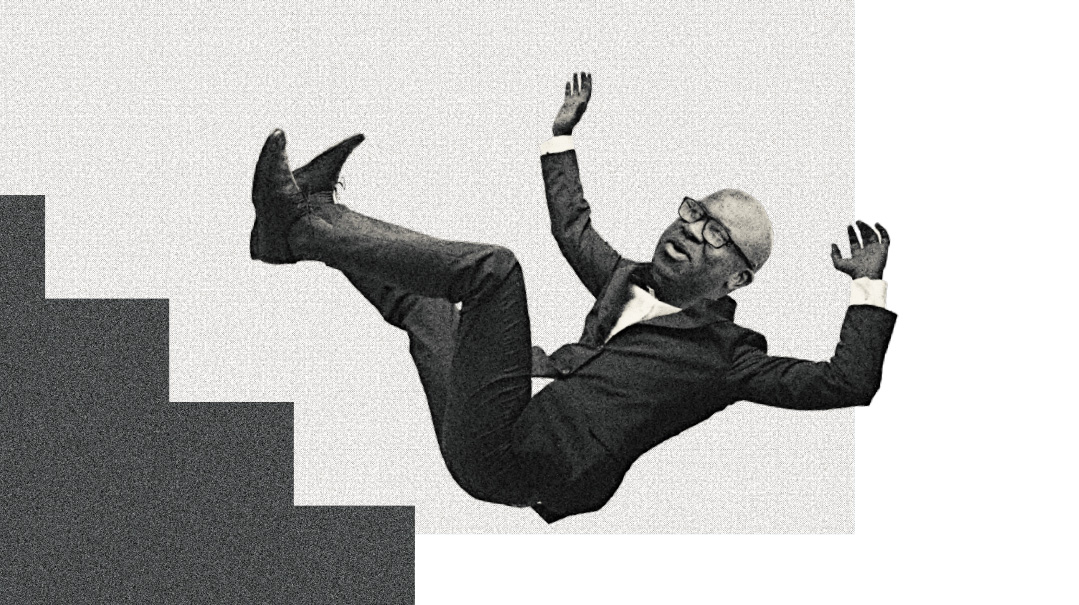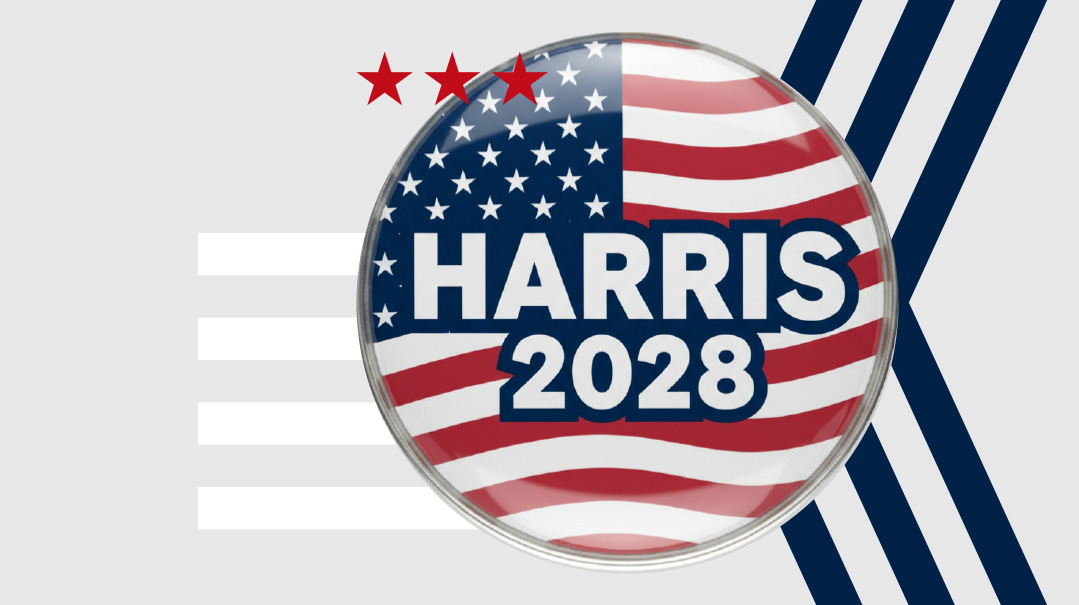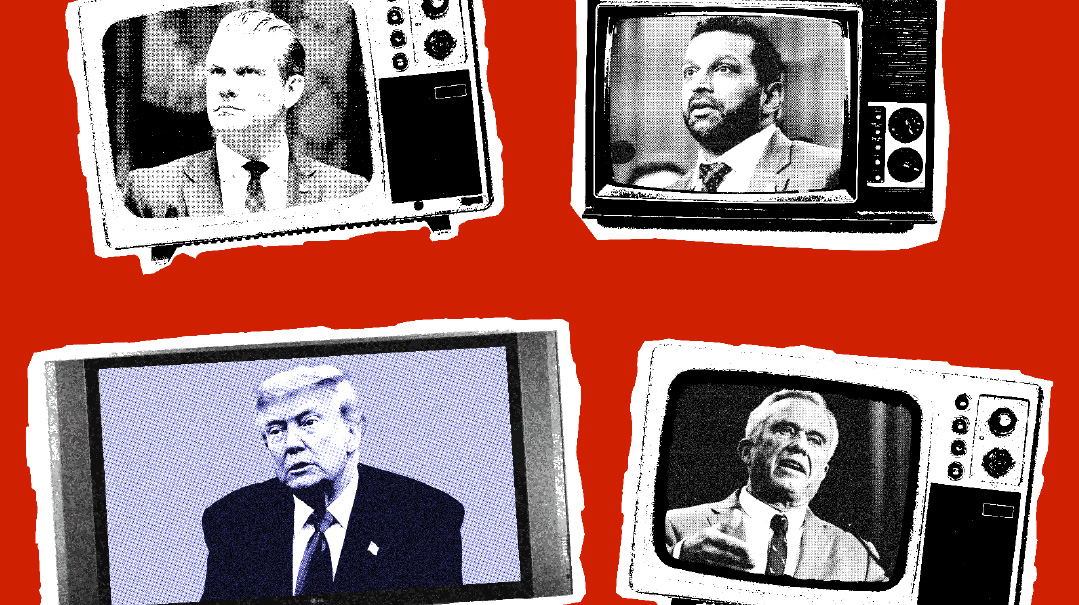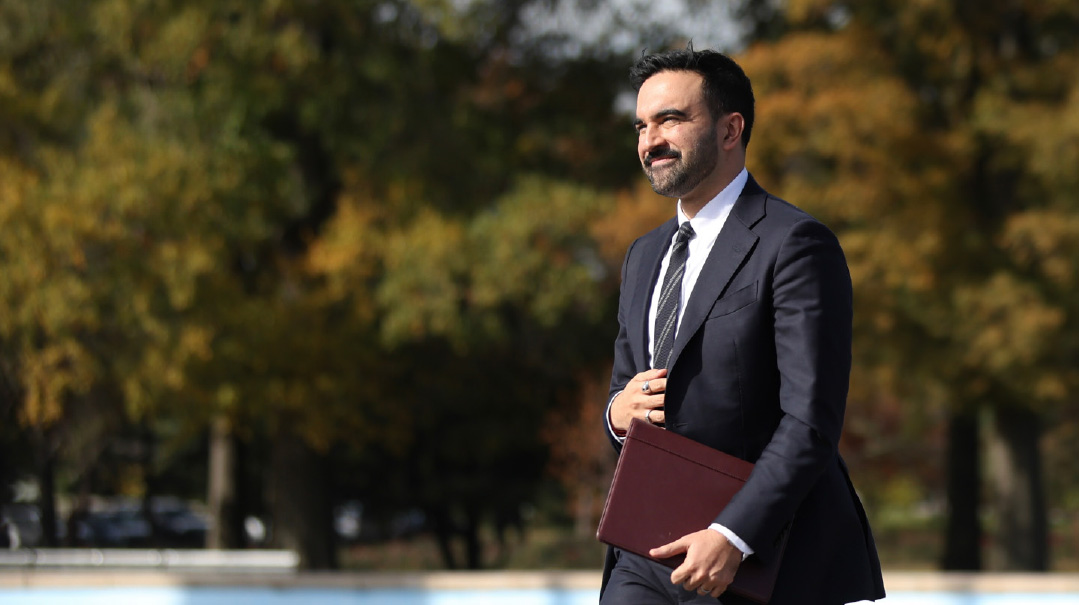Bowman Bows Out

It was deemed as a “litmus test” on US-Israel relations, the Squad, and the fate of the Democratic Party

The heavyweight Democratic primary battle in New York 16th Congressional District is over, with Westchester County Executive George Latimer decisively defeating incumbent Congressman Jamaal Bowman, 58.6% to 41.4%.
Much has been said about Latimer’s lopsided win. Press coverage emphasized how “expensive” the race was, and a lot of ink was spilled over AIPAC’s contribution. (Less was said about Bowman’s fundraising with Muslim extremists, but that is to be expected.)
This election was closely watched around the country — and the world — because of all the narrative threads. It was deemed as a “litmus test” on US-Israel relations, the Squad, and the fate of the Democratic Party. As one of the most high-profile members of the left-wing “Squad,” which includes AOC and Rashida Tlaib, Bowman had doubled, tripled, and quadrupled down on his opposition to Israel with outrageous language unfit to print.
Bowman was considered a master at Democratic social media politics; he had amassed 361,600 followers on Twitter, compared to Latimer’s 8,095.
Latimer was considered a master at Democratic retail politics. We see how that came out: Latimer got 45,170 votes to Bowman’s 31,863.
Those were the most important numbers, and they taught us a lot about the narrative that mattered more than any other.
Israel
Bowman accused Israel of genocide on too many occasions to count. Bowman reportedly said he would endorse BDS. Bowman embraced the Democratic Socialists of America (DSA), a group that on October 8 held a rally against Israel.
These are positions that are outside the mainstream in American politics, and the voters sent these positions with their candidate packing. A candidate will think twice before engaging in this kind of incendiary language and espousing such radical positions. Bowman was defeated by too large a margin to consider his positions as anything but beyond the pale for the supermajority of elected officials.
The Squad
I wrote in May that 2024 may spell the end of the Squad, and I believe we are seeing that prediction beginning to come to fruition. Since the election of AOC in 2018, this group has pushed the Democratic Party hard left. It has been a mainstay in nearly every policy debate within the Democratic caucus, and has inspired thousands of local, state, and federal candidates to run for office with similar positions.
The loss of Bowman, one of their most prominent members, is a fatal blow.
As I wrote previously, you will have a hard time remembering all the caucuses or “flash in the pan” political alliances that have come and gone, like the Tea Party. The Squad now joins this list. It is on the decline and will not be considered by the media, the public, or their colleagues as a serious force anymore. You can’t lose an election so overwhelmingly and claim that your banner is the one that Democrats nationwide should unite under.
Retail Politics vs. Social Media Campaigns
Retail politics is another name for engaging in the old-fashioned, nitty-gritty details that make for a winning campaign. Local endorsements that generate turnout. Going shopkeeper to shopkeeper and home to home to ask for their votes. Retail politics is having a Twitter following of a few thousand but winning by over 10,000.
That’s what Latimer achieved. His winning tactics may bore the average reader, but they are important. Bowman and other politicians who have a massive social media following have now been put on notice that it doesn’t necessarily reflect actual voter opinions. It’s a lot easier to tap a “follow” button than it is to cast a ballot. These two styles were put to a test, and retail politics won handily.
But wait, did we miss the most important narrative of all?
The Jewish Community!
Last Tuesday night, I was in the epicenter of this political battleground. In Westchester, New York, I was surrounded by volunteers, staff, and people closely tracking this election that they had devoted themselves to so wholeheartedly.
As of this writing, 13,307 votes catapulted Latimer over Bowman.
The other key number: 15,508. That’s how many Jewish voters were mobilized to get out and cast ballots in this election.
Stop all the other headlines. Stop with all the other narratives. Just stop.
The Jewish community was instrumental in this race simply because they showed up and made their voices heard.
I know, because the office I was sitting in was a storefront, nonpartisan voter mobilization effort in the heart of NY16.
Voter mobilization effort?
That’s right. Baker, butcher, and now your neighborhood voter mobilization effort.
Through that storefront, the community worked like never before. Over 35 community institutions turned out to vote. Over 650 volunteers knocked on 12,500 doors and made over 50,000 phone calls.
I once saw a statistic that in local municipal races, about 15% turn out to vote, and in school board elections, about 10%. Most congressional primaries have equally small turnout. Maybe 20% to 30% show up? Jewish voter turnout in this election exceeded 60%... and counting. Some shuls turned out at 80%, and one turned out at 90%.
Jewish voters in this district comprised only 9% of the electorate, but made up 23% of all votes cast.
This display of raw electoral might from Jewish voters is a testament to the power of grassroots organizing and the power of our community.
Voter turnout like this is now becoming a mainstay in our community.
Pennsylvania did it in April, when the Jewish community requested mail-in ballots at two and a half times the rate of the rest of the population.
New Jersey did it in November, when 23,500 Lakewood voters showed up to vote in record numbers, and in Bergen County, where over 51% turnout was registered.
Florida did it the year before, when the North Miami Beach community was the top group in voter turnout.
And you can too.
Elections have consequences. They change policy. They change narratives. They inspire new movements, and demotivate other movements. They can change the world.
But the Jewish community has the numbers and motivation to turn out and make history, if we choose. This is an inspirational moment that should make all our readers rededicate themselves to voting in every election, but also building the kind of electoral turnout that can break narratives and make history.
(Originally featured in Mishpacha, Issue 1018)
Oops! We could not locate your form.







